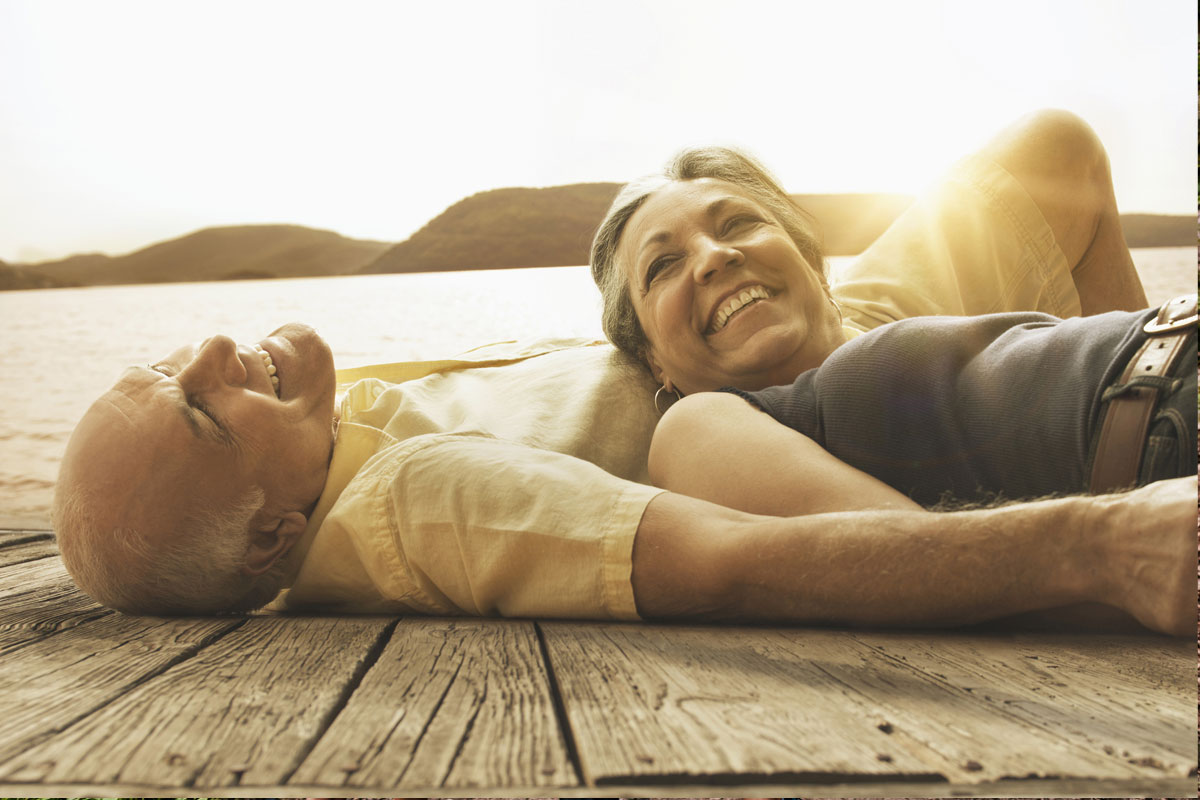6 Savvy Travel Safety Tips

It’s important to think ahead about travel safety tips to avoid getting sick while traveling – and to know what to do if it happens anyway.
Here, we offer our top 6 safety tips for traveling to ensure land and air travel safety, domestically or abroad.
Find a primary care provider near you taking new patients.
If international travel safety is of particular concern, check with the Centers for Disease Control and Prevention (CDC) to see what vaccinations are required for the country you will visit. These may include COVID-19, flu, yellow fever, cholera, hepatitis (A and B) and more. Work with your doctor to ensure you have all the vaccinations you need to prevent illnesses overseas at least 4-6 weeks before your trip.
Also check the travel safety index for the area you plan to visit. Your primary care doctor may be able to offer additional travel safety tips specific to the region you are visiting.
Despite your best efforts to stay safe on vacation, sometimes things happen. Even if you have fastidiously followed every vacation safety rule to a T, you may get ill or injured. Hope for the best but prepare for the worst by: purchasing travel medical insurance; lining up emergency assistance; and packing the medical supplies you are most likely to need.
Your first aid kit is an easy way to take care of minor illnesses and injuries during travel. It should at least include these basics:
Pain reliever
Adhesive bandages
Disinfectant
Antibacterial wipes
Antibiotic ointment
Sunblock SPF 15 or higher *
Insect repellent *
Antidiarrheal medicine *
Prescription medications in their original containers
Contact information: your primary care provider, medical centers in the area you’re visiting, friends or family members listed as your personal emergency contacts.
The simplest way to prepare your first aid kit is to buy one preassembled and add any supplies you’ll need that are not already included. * Remember, liquids in your kit are limited to 3.4-oz. containers for carry-on luggage at airports. Larger quantities are permitted in checked bags and, of course, in your personal vehicle.
One other useful peg in your safe travel preparation is to participate in the Smart Traveler Enrollment Program (STEP). This is a free service that allows U.S. citizens to enter information about their trip abroad to get quicker assistance from the Department of State, embassies and consulates in the event of an emergency. You can also subscribe to emailed travel advisories and other information for your destination.
Make sure you’re well rested before your trip and keep it up as you travel. Adequate sleep supports your immune system, which helps you avoid getting sick while traveling or getting into groggy mishaps.
Practice keeping regular sleep and waking times, and use caffeine-free teas or melatonin to ease your body into slumber mode at night.
When you are visiting warm climates or rushing from one attraction to another, it is easy to become dehydrated. It is always a good idea to get at least eight 8-oz. glasses of non-alcoholic, non-caffeinated liquids per day Remind yourself to drink water at each stop during the day and at least once per hour. Clean water is especially vital to a traveler’s health, so avoid consuming tap water in areas where water quality may be questionable.
You can stay healthy and further bolster your hydration by consuming lots of water-heavy fruits, vegetables and soups at mealtimes and by staying cool in the shade.
Handwashing is one of the most effective ways to avoid germs that could make you and others sick on vacation. Wash your hands with lots of soap and water frequently, including:
Before and after meals or food handling
After getting on or off an airplane or public transportation
After shaking hands or greeting
During and after visits to public attractions and public spaces
Keep hand sanitizer on you for times when there is no wash basin available. Use sanitizer that contains at least 60 percent alcohol.
One of the most important international travel safety tips is to mind your mouth – namely, what you put into it. Avoid drinking local tap water or ice cubes made from it, as there may be microorganisms that can make you extremely sick. Instead, drink only bottled water and beverages that have been sealed.
If you are an adventurous eater, consider additional caution. Wash exotic local fruits and vegetables with produce soap and bottled water before peeling them or enjoy them cooked instead. Avoid unpasteurized dairy foods, as well as proteins that are not cooked all the way through.
What to do if you get sick on vacation
Don’t delay care if you suffer an injury or become sick while you travel. Visit one of the medical care providers you have listed in your first aid kit and take advantage of any travel insurance you have. Use your STEP contact information to get additional assistance with medical care if necessary.
Once you return home, follow up with your primary care provider to address any lingering medical issues or concerns. If you don’t already have primary care, use the BJC Medical Group’s easy online tool to find a doctor near you who is taking new patients.
Find a primary care provider near you taking new patients.
ABOUT PRIMARY CARE
A BJC primary care provider is your partner in health. Your primary care team is here to handle routine health needs and treat illnesses, injuries and chronic conditions. A primary care provider can help you reach your wellness goals. Learn more.
- Resource